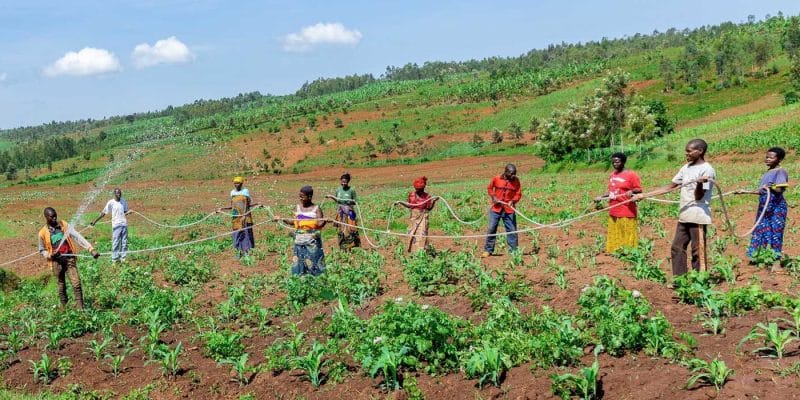Climate-smart agriculture (CSA) is an approach to farming that aims to increase agricultural productivity, build resilience to climate change, and reduce greenhouse gas emissions. The goal is to ensure food security while also addressing the challenges posed by climate variability and change. Here are some general climate-smart agriculture practices:
Crop Diversification: Farmers can quickly diversify their crop portfolio by planting a variety of crops with different growth cycles and climate tolerances. This helps reduce the risk of crop failure due to extreme weather events.
Improved Water Management: Implementing efficient irrigation techniques such as drip irrigation or rain water harvesting can help conserve water and make agriculture more resilient to droughts.
Conservation Agriculture: This approach involves minimal soil disturbance, permanent, soil cover, and crop rotation. It helps improve soil health and reduces the risk of erosion.
Agroforestry: Integrating trees and shrubs into farming systems can provide multiple benefits, including shade for crops, improved soil fertility, and carbon sequestration.
Integrated Pest Management (IPM): Farmers can adopt IPM practices to control pests and diseases in a more environmentally friendly manner, reducing the need for chemical pesticides.
Cover Cropping: Planting cover crops during fallow periods helps improve soil structure, nutrient retention, and weed control.
Livestock Integration: Integrating livestock into crop farming can provide additional income and improve soil fertility through the recycling of organic matter.
Climate-Resilient Crop and Animal Species: Farmers can quickly switch to crop and animal species that are better suited to changing climate conditions, such as drought resistant or heat tolerant varieties.
Weather Forecasting and Early Warning Systems. Access to weather forecasts and early warning systems can help farmers make informed decisions about planting and harvesting times to avoid extreme weather events.
Community Based Adaption: Building community resilience by sharing knowledge, resources and collective decision making can help farmers respond more effectively to climate challenges.
Soil Conservation: Implementing practices such as terracing, contour farming, and erosion control measures can protect soil from degradation and loss.
Organic Farming: Reducing or eliminating synthetic inputs like chemical fertilizers and pesticides can improve soil health and reduce the carbon footprint of agriculture.
Sustainable Land Use Planning: Proper land use planning can help reduce land degradation, deforestation and the conversion of natural habitats into agricultural land.
Post-Harvest Management: Reducing post-harvest losses through better storage, processing and value addition techniques can help farmers maintain food security and reduce waste.
